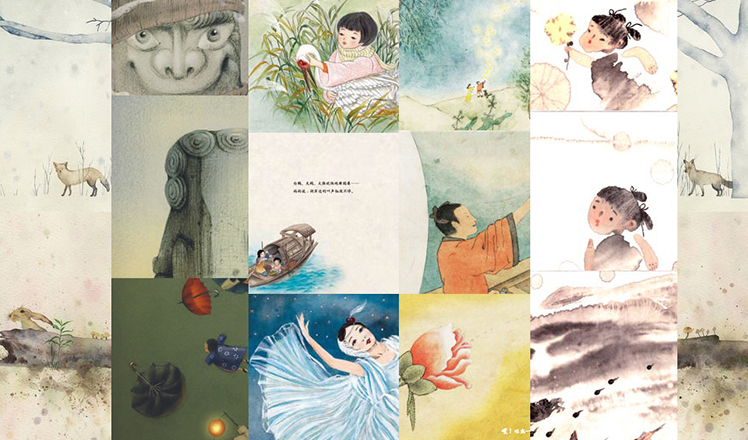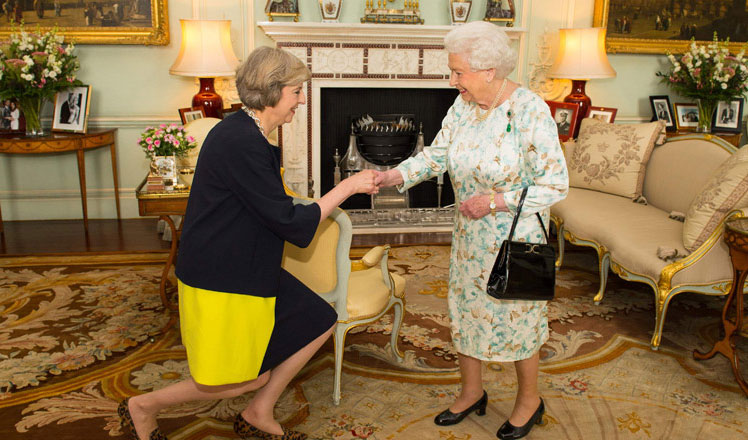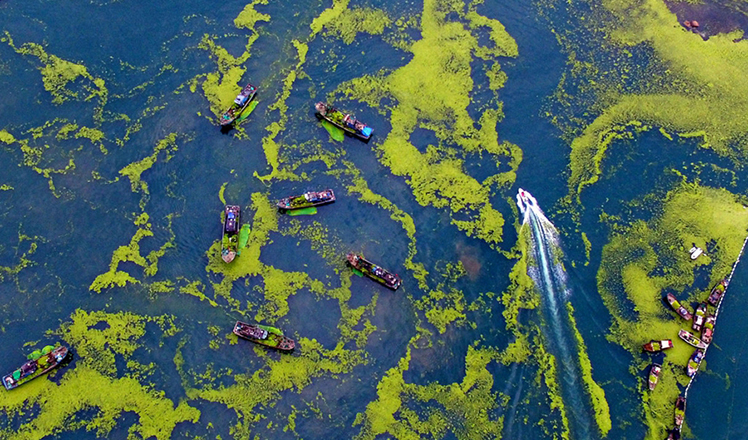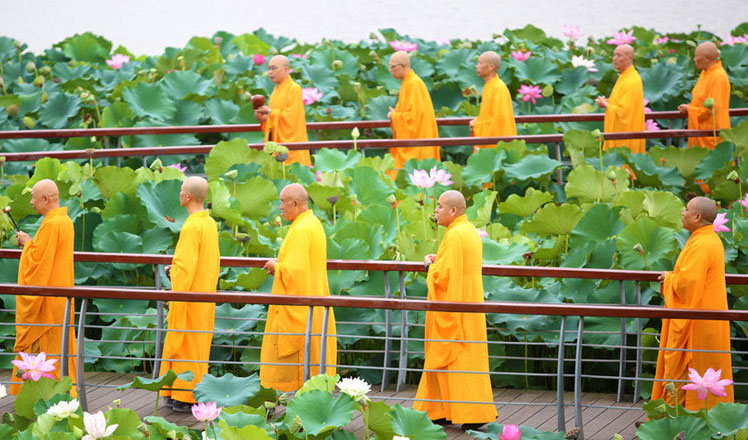Winemaker pitching to Chinese drinkers
Updated: 2016-07-15 08:28
By Liu Zhihua(China Daily)
|
||||||||
When thinking about wine-producing areas, many Chinese will most likely turn their minds to Europe, America or Australia. They are less aware of South Africa and its wines.
The country is the world's eighth-largest producer of wines, however, and brands like Boschendal, first established in 1685 and a top label of DGB, one of South Africa's leading wine producers and exporters, are eager to attract more Chinese wine drinkers.
The brand entered the Chinese mainland market about five years ago, and the company sells only to fine-dining restaurants.
Earlier this month, a group of DGB's top executives, including CEO Tim Hutchinson, came to Beijing for a dinner and wine-tasting event, as part of its global celebration of the winery's 300th anniversary, which fell in 2015.
"We get a lot of interest in China," he says.
"Drinking wine is not part of Chinese culture yet, but drinking wine is fashionable and trendy, and there are also health benefits."
Although the market is depressed due to the Chinese government's crackdown on taxpayer-funded banquets, individual wine lovers are not affected. Also, people are starting to drink more fine wines, he says, and Boschendal sees that as a huge opportunity.
The brand has wines in different categories - easy-drinking, entry-level and premium. Its wine making tradition spans three centuries to authentic French origins, with a terroir that is distinct and ensures that a variety of grape cultivars can flourish.
While about 60 percent of the approximately 350,000 cases of Boschendal wine sold annually goes to the international market, only a very small portion of the 12-bottle cases about 1 percent - comes to China, according to Hutchinson. In Japan, where Boschendal entered two decades ago, its wine is very popular.
"We need to be very patient, because Chinese people have limited knowledge of our wine," he says, adding that Boschendal will not resort to advertising because that is not the best way to promote a premium brand. The brand's strategy: Reach wine opinion leaders and consumers through the media and social media.
He adds that winery tour-ism is very important for attracting more drinkers.
Boschendal is nestled in a valley that's only an hour's drive from Cape Town, and is one of the most beautiful areas in the famous Cape wine lands. The natural diversity there allows more plant species to grow around Table Mountain than in all of Europe, he explains.
The estate features a widely acclaimed restaurant, tasting room, extensive vegetable gar-dens and a herd of free-range Angus cattle. Luxury cottage accommodations offer a bucolic retreat with opportunities for hiking, cycling and fly-fishing.
While it's not easy for Chinese to get a visa for South Africa, Hutchinson says the appreciation for South African wine will grow as more Chinese visit the country and its centuries-old wine regions.
The BRICS nations (Brazil, Russia, India, China and South Africa) have also agreed to cooperate in many areas of mutual interest, which has created new opportunities for South African wines to enter the Chinese market, he adds, as well as for tourists to travel between the countries.
liuzhihua@chinadaily.com.cn
|
Top: Boschendal’s vineyard in a valley near Cape Town. Above: Tim Hutchinson (right) in Beijing for a dinner and winetasting event. Photos Provided To China Daily |
(China Daily 07/15/2016 page19)
- China calls on US, Japan to stop twisting the facts
- Girl suffers sibling rivalry disorder after younger brother's birth
- Two Nansha islands greet their first civil flights
- Chinese people saving earlier for retirement, survey says
- Students turn scrap parts into animal statues
- China has approved its first sound trademark

 Picture Chinese stories: 10 illustration books you can't miss
Picture Chinese stories: 10 illustration books you can't miss
 Theresa May: New Iron Lady in Downing Street
Theresa May: New Iron Lady in Downing Street
 Large amount of sea grass besieges Qingdao
Large amount of sea grass besieges Qingdao
 Monks seek tranquility inside lotus ponds
Monks seek tranquility inside lotus ponds
 In pics: Top 10 livable Chinese cities
In pics: Top 10 livable Chinese cities
 Restaurant of 'bandits' opens in Northeast China's Jilin
Restaurant of 'bandits' opens in Northeast China's Jilin
 Ivanovic, Schweinsteiger holds wedding in Venice
Ivanovic, Schweinsteiger holds wedding in Venice
 Tim Duncan announces retirement after 19 seasons with Spurs
Tim Duncan announces retirement after 19 seasons with Spurs
Most Viewed
Editor's Picks

|

|

|

|

|

|
Today's Top News
Ministry slams US-Korean THAAD deployment
Two police officers shot at protest in Dallas
Abe's blame game reveals his policies failing to get results
Ending wildlife trafficking must be policy priority in Asia
Effects of supply-side reform take time to be seen
Chinese State Councilor Yang Jiechi to meet Kerry
Chinese stocks surge on back of MSCI rumors
Liang avoids jail in shooting death
US Weekly

|

|








